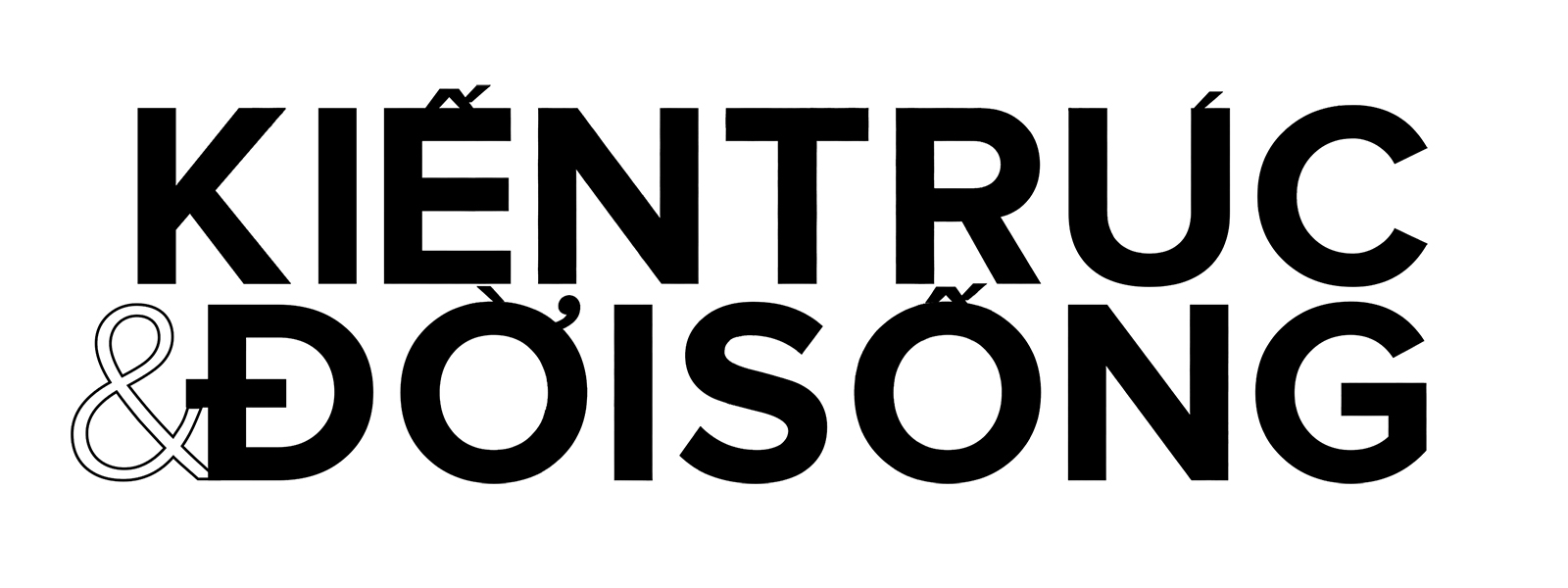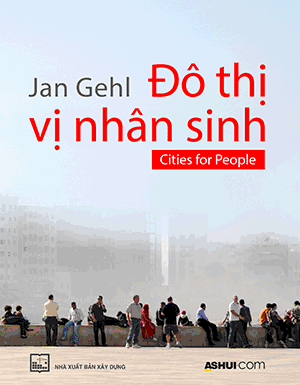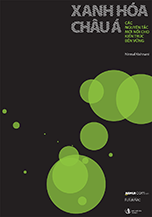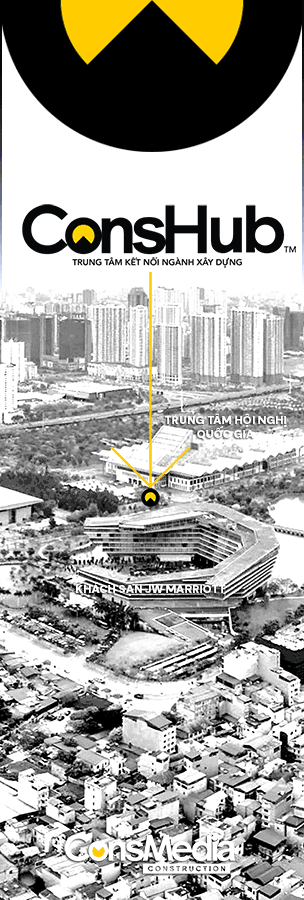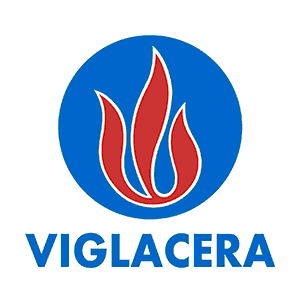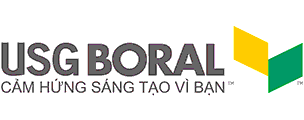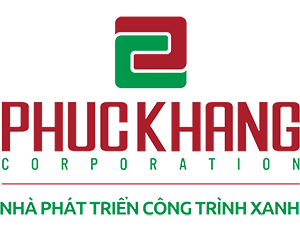Debate over a proposal to allow foreign credit institutions in Vietnam to back real estate mortgages is intensifying.
National Assembly members are weighing the costs and benefits of creating a new channel for foreign capital. Accordingly, under the draft amended Land Law, land users are allowed to mortgage their land-use rights or the properties developed on the land at foreign credit institutions in Vietnam.
The existing Land Law does not allow such a kind of mortgages. This restriction narrows the ability to mobilise foreign capital into the country.
 Nguyen Van Giau, head of the National Assembly’s Economics Committee, cited data showing that the country accommodates about 50 foreign credit institutions, including 100 per cent foreign-owned banks, foreign bank branches and joint venture banks. “But very few Vietnamese businesses can access foreign banks’ capital as they are not allowed to mortgage their land-use rights at foreign banks,” said Giau.
Nguyen Van Giau, head of the National Assembly’s Economics Committee, cited data showing that the country accommodates about 50 foreign credit institutions, including 100 per cent foreign-owned banks, foreign bank branches and joint venture banks. “But very few Vietnamese businesses can access foreign banks’ capital as they are not allowed to mortgage their land-use rights at foreign banks,” said Giau.
National Assembly vice chairman Uong Chu Luu also expressed his support for the draft rule, but said the government should be empowered to approve or disapprove each specific case.
Two opinions emerged from the Standing Committee on Economics. Some committee members said that this was a new issue and, with no experience to draw from, a careful analysis is needed to consider the legal consequences of this mortgaging relationship, such as the role of foreign banks in managing mortgaged assets and handling foreclosures.
But others cited national sovereignty as reason enough to keep foreign-owned banks out of the mortgage market. Luu said the issue was complicated and sensitive because it related to Vietnam’s most important asset of the country – the land.
Phan Trung Ly, head of the National Assembly’s Law Committee, said this issue must be considered carefully although this kind of regulation was implemented in foreign countries already.
“Vietnam is somehow different as land belongs to the nation and the people. We must know how much enterprises can mortgage land at foreign banks. If mortgagor cannot pay back loans because of their low capacity, we must know how foreign banks will use the land,” said Ly.
To handle this issue, Luu said that it was necessary to have strict regulations on land-use right transfer activities and specific provisions on the sale of mortgages and land.
Meanwhile, according to the Civil Code, organisations and individuals have the right to transfer, assign, rent, lease, inherit, give as present, mortgage or contribute capital of their owned assets.
This means that even if mortgaging land-use rights is not allowed, enterprises still have the right to mortgage assets of their businesses and other assets on the land to foreign banks operating in Vietnam./.
Trinh Trang
- Ascott expands in Vietnam with new properties in Ho Chi Minh City
- Cat Ba Amatina takes shape
- Prices are slashed to offload apartments
- Office market shows new life
- Realty insiders look to boost liquidity
- Japan keen to increase investment in Vietnam
- Local firm replaces Daewoo in resettlement project
- Lotte Hanoi reaches for the sky
- Atkins' winning engineering at the London 2012 Games
- Hanoi makes commune planning in new countryside construction







